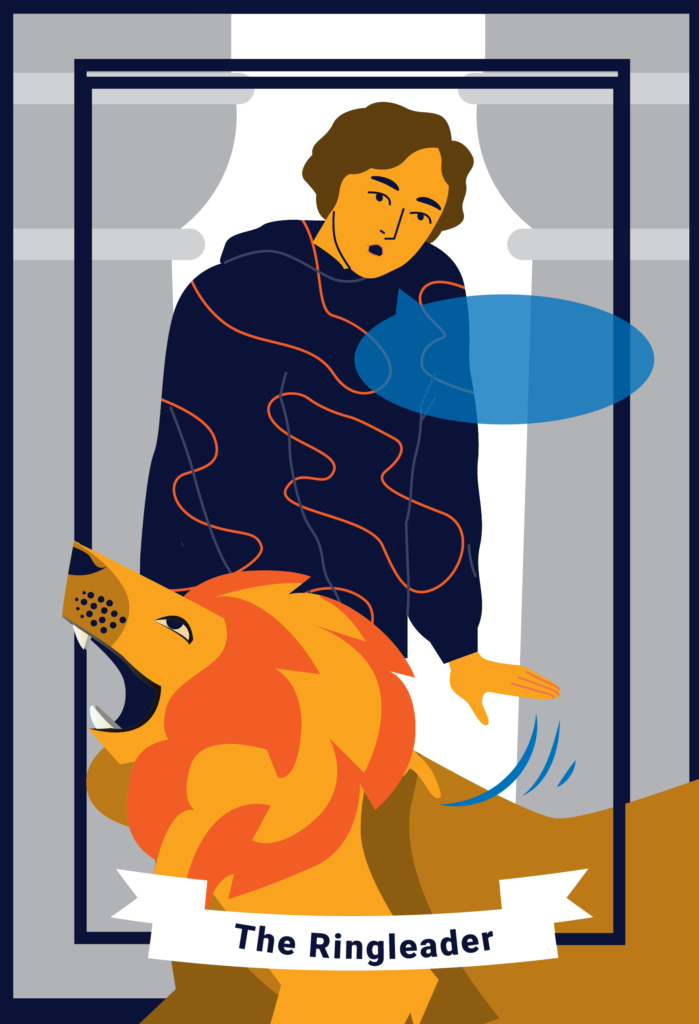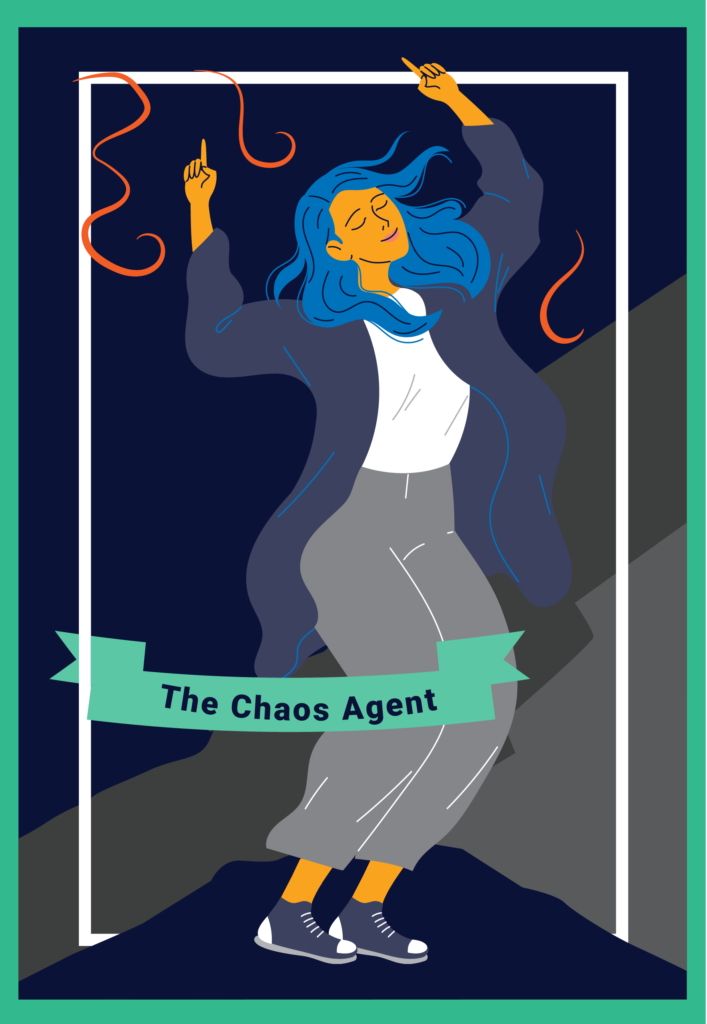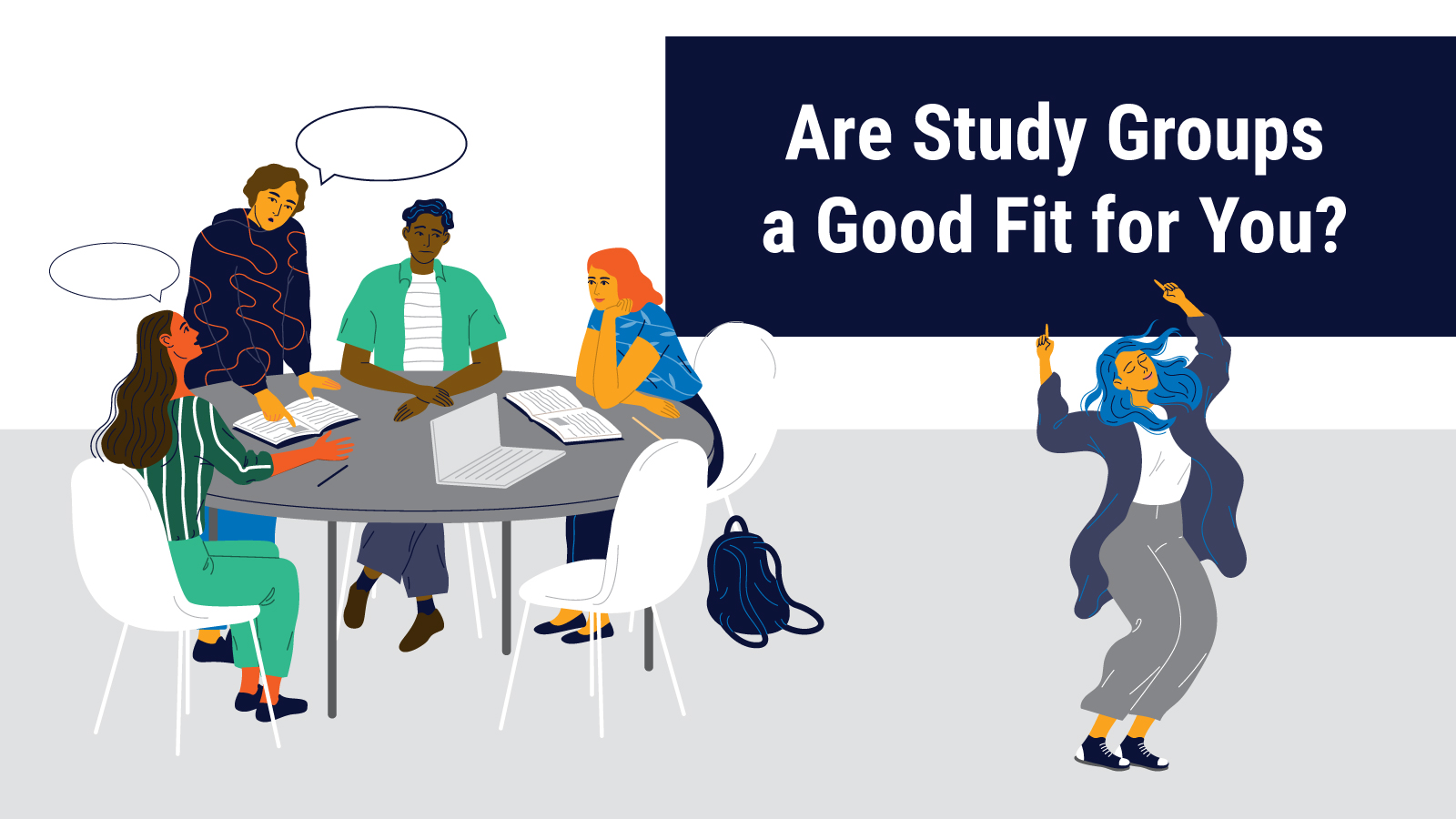What to do if this “tried-and-true” study method isn’t working for you
Study groups are one of the oldest tricks in the book when it comes to suggestions given to help students. They are easy to recommend for the struggling student in any arena – undergrad, med school, veterinary school, PA program, etc. But whether they work for YOU depends on a lot of variables.
If study groups work for you or for someone you know, that’s great.
But they are NOT going to work for everyone. That is just a fact. Maybe the problem is you can’t find the right group or the right person. That’s possible. But also, perhaps study groups are just not a good fit for you and your learning needs. That is absolutely a possibility as well, and we need to shout this from the rooftops.
Many struggling med students feel like something is wrong with them, and they’re to blame if they’re not benefiting from the group. I hate that this is still happening.
But the reality is this: While study groups work for some people, they are not a good fit for everyone. My take is, if study groups don’t work for you, don’t sweat it. Don’t feel guilty. It’s not your fault! And don’t waste your time trying to make a bad learning modality work for you. Instead, focus on finding the right tools to augment your studying so you can optimize your learning autonomously and independently.
When it comes to a study group… which one are you?
Study groups might work for some students because their role in the group aligns with their learning needs. Let’s look at the way I categorize the main roles we see in study groups:

The RINGLEADER:
They dictate most of the action, are highly engaged, talk a great deal, and get the most out of the entire study group. They benefit from organizing, teaching, and explaining things to the group, a captive audience. You can think of them as the lead actors, the presenters, the generals, the captains, or the CEOs.
The INTERACTOR:
They ask some questions, provide feedback to the ringleaders, receive feedback, add fuel to the group’s fire, stay on point, and generally benefit from this role.


The SILENT SPONGE:
These group members just sit there and provide an audience to the Ringleader(s) and Interactors without giving much to the group dynamic, but they soak up everything said and thus benefit from simply being present. Just because your friend excels in passive learning and is a Silent Sponge, that doesn’t mean you will learn that way too.
The CANNON FODDER:
Many of our STATMed students fall into this category. They don’t get anything positive out of the group experience. Mainly, they pad the group’s numbers and fill out the audience or, looking at the origin of this morbid label; they’re there to fill out the “army’s” front lines to take a beating for the greater good. Or think of them as playing the role of “red shirts” or prisoners, sacrificial lambs, or space fillers. No one wants to be cannon fodder. So how does this happen? Maybe they want to talk but can’t find the space. Perhaps they lack the knowledge foundations their peers have, so they are left behind. Maybe the pace is too fast for them. Maybe they need retrieval practice but are subjected to being passively told the information. Maybe the group dynamic is too distracting. It could be a wide array of other factors. The key is realizing that if you are cannon fodder, you need to get out of that role, either by changing it or getting out of the group.


The Chaos Agent:
These are agents of chaos, disruptors, or wild cards. Many of our students are thrown off by these agents, and some of our students might be these agents! Chaos Agents might be the reason a group doesn’t work for you, or it might just make a bad experience worse. These are people who show up late or throw off the group’s agenda, or otherwise corrupt the quality of the learning experience. Life is too short and time too precious to allow Chaos Agents to corrupt your learning.
Are you spending countless hours in a study group without results? With the STATMed Class, we provide a wide range of tools and strategies so that every time you sit down to study, you’ll know exactly what to do to get the most bang for your buck.
Don’t miss a segment of our study groups series — subscribe to our email list and stay up to date on all our newest content!
